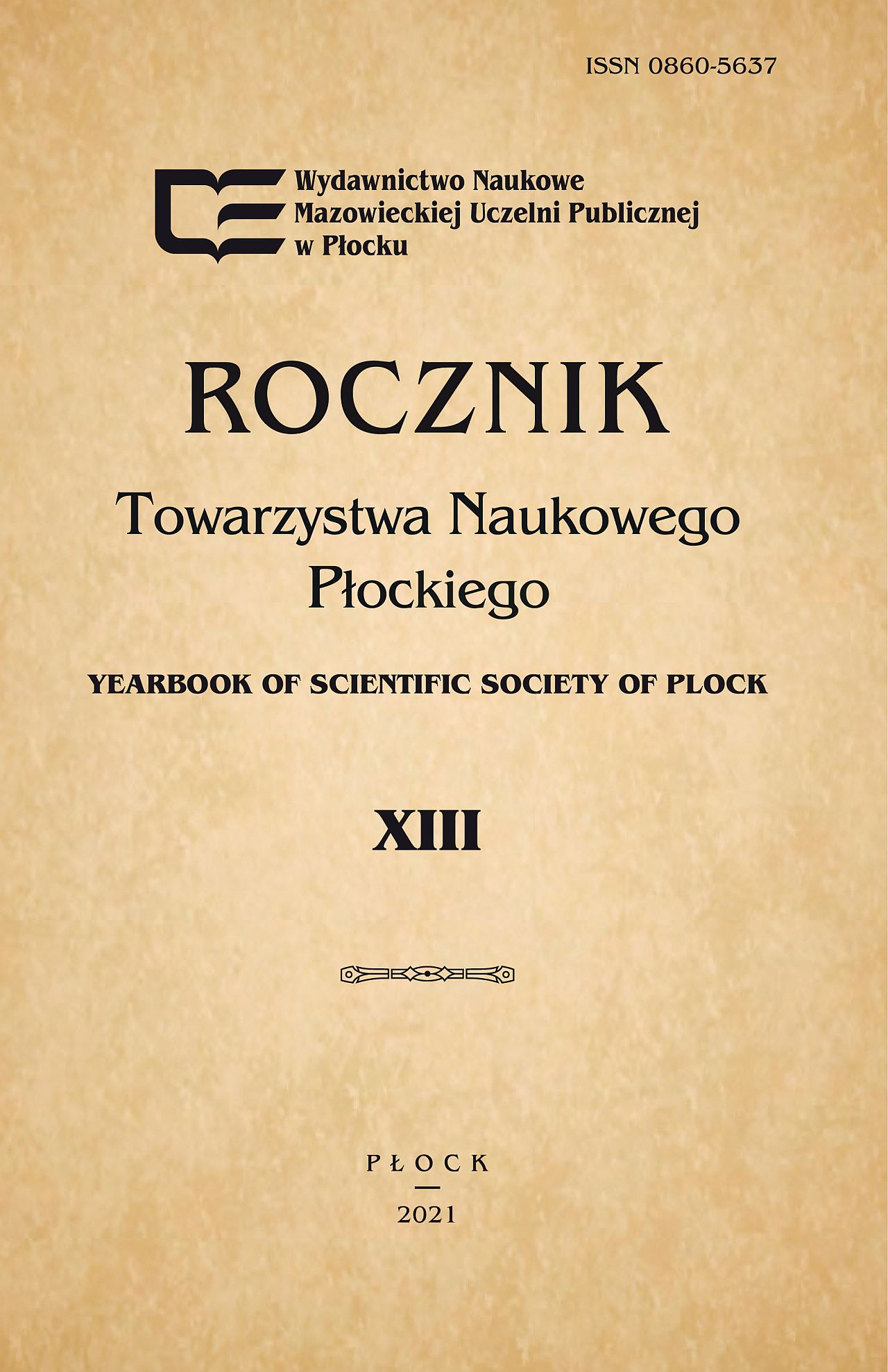Attitudes Towards Disabled People from Ancient to the Present Times and inclusive education system in Poland
DOI:
https://doi.org/10.19251/rtnp/2021.13(14)Keywords:
attitudes, disability, discrimination, isolation, segregation, integrationAbstract
The main objective of this paper is to present the changes which have taken place in people’s attitudes towards the disabled from ancient to the present times. In this paper, I will present the past knowledge and representations of disability that have been fossilized in myths, literature, theatre, folklore, biography, and history. Changes in attitudes towards disabled people will be presented in four groups: attitudes of discrimination and extermination, attitudes of isolation, attitudes of segregation, and attitudes of integration. The last part of the paper will be devoted to the discussion about equal opportunities and the need for the integration of disabled and non-disabled pupils at school.
References
Ajzen, I., Attitudes, Personality, and Behavior. Berkshire 2005.
Ajzen, I., Fisbein, M., Understanding attitudes and predicting social behavior. New York 1980.
Bogucka, J., Uwarunkowania procesu integracji dzieci niepełnosprawnych z ich zdrowymi rówieśnikami, „Szkoła Specjalna” 1990, nr 4.
Chodkowska, M., Kulturowe uwarunkowania postaw wobec inwalidztwa oraz osób niepełnosprawnych. Ciągłość oraz możliwość zmiany, w: Człowiek niepełnosprawny, red. M. Chodkowska, Lublin 1994.
Fairbrain, G., Rairbrain, S., Integracja dzieci i młodzieży o specjalnych potrzebach edukacyjnych: wybrane zagadnienia etyczne. Warszawa 2000.
Fazio, R. (1986). How do attitudes guide behavior?, w: Handbook of motivation and cognition: Foundations of social behawior, red. R. M. Sorrentino, E. T. Higgins, New York 1986.
Hulek, A., Uczeń niepełnosprawny w szkole masowej, Kraków 1992.
Jurgielewicz-Wojtaszek, M., Karczewska, M. (2005). Integracja uczniów z dysfunkcją słuchu z młodzieżą słyszącą, w: Dziecko ze specjalnymi potrzebami edukacyjnymi w ekosystemie, red. W. Pilecka, A. Ozga, P. Kurtek Kielce 2005.
Maciarz, A., Z teorii i badań społecznej integracji dzieci niepełnosprawnych. Kraków 1999.
Maio, G., Haddock, G., The Psychology of Attitudes and Attitude Change. Sage Publications 2009.
Mądrzycki, T. (1977). Psychologiczne prawidłowości kształtowania się postaw. Warszawa 1977.
Mendry, B., Integracja - za i przeciw, „Wszystko dla szkoły” 1998, nr 1.
Nowak, A, Wybrane edukacyjne i prawne aspekty niepełnosprawności. Kraków 1999.
Popularny słownik języka polskiego, Warszawa 2002.
Sakowicz-Boboryko, A., Integracja dla wszystkich, „Test” 1996, nr 1.
Siegień, A., Muroch, A., Osoby niepełnosprawne - wczoraj, dzisiaj, jutro, w: Dyskursy pedagogiki specjalnej. Od tradycjonalizmu do ponowoczesności, red. E. Górniewicz, A. Krause, Olsztyn 2002.
Szumski, G., Integracyjne kształcenie niepełnopsrawnych, Warszawa 2020.
Westbrook, M., Legge, V., Pennay, M., Attitudes Towards Disabilities in a Multicultural Society, „Social Science & Medicine” 1993, nr 36 (5).
Wojciszke, B., Człowiek wśród ludzi. Zarys psychologii społecznej. Warszawa 2006.
Wyczesany, J., Kukułka, A. (2000). Idea integracji w nowych strukturach edukacyjnych-szanse i zagrożenia, w: Dylematy pedagogiki specjalnej, red. A. Rajewska, J. Baran, Kraków 2000.
Hutzler, Y., Meier, S. Reuker, Zitomer, M., Attitudes and self-efficacy of physical education teachers toward inclusion of children disabilities: a narrative review of international literature, „Physical Education and Sport Pedagogy” 2019, nr 24(3).
Zaorska, M., Andrulonis, E., Zjawisko ludzkiej niepełnosprawności w aspekcie historycznym i współcześnie, „Wychowanie na co dzień” 2006, nr 4-5.
Zeidler, W., Niepełnosprawność. Wybrane problemy psychologiczne i ortopedagogiczne. Gdańsk 2007.
Websites:
http://www.who.int/topics/disabilities/en/ [the access: 2021.07.19]
https://prawo.vulcan.edu.pl/przegdok.asp?qdatprz=akt&qplikid=4384 [dostęp:21.07.21].
https://sip.lex.pl/akty-prawne/dzienniki-resortowe/zasady-organizowania-opieki-nad-uczniami-niepelnosprawnymi-ich-33631650 [dostęp: 21.07.21]
